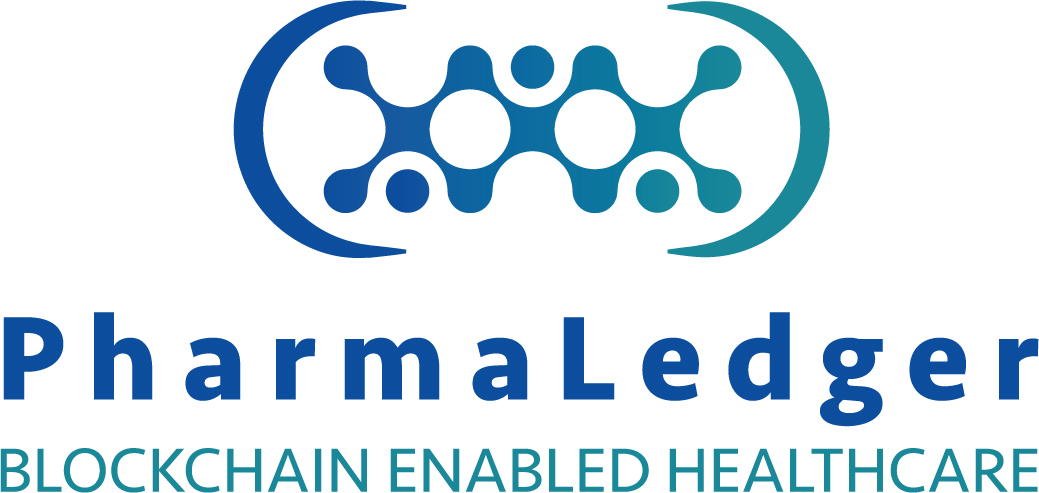The most famous application of blockchain technology is the bitcoin currency, yet it could also revolutionise the way other sectors work. The goal of the PharmaLedger project is to deliver a blockchain-based platform for the healthcare sector, using the supply chain, clinical trials, and health data as case studies.
In blockchain technology, data is decentralised, meaning it is stored across multiple servers. It is also immutable; this means data records (or ‘blocks’) cannot be changed or tampered with. Each new ‘block’ of data is connected to the previous one, creating the ‘blockchain’. The blocks are connected by cryptography, making the system secure.
PharmaLedger aims to use these technologies to make blockchain in healthcare a reality thanks to a platform that is supported and trusted by different stakeholders and complies with existing and emerging laws and regulations. For this reason, the project brings together technical, legal, and regulatory experts as well as pharmaceutical companies and patient organisations.
Ultimately, the project hopes that bringing the blockchain into healthcare in this way will help to accelerate the delivery of innovation that benefits patients as well as the wider health ecosystem.

